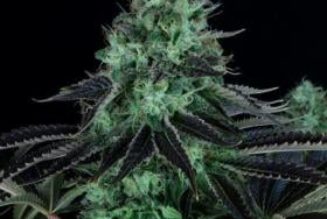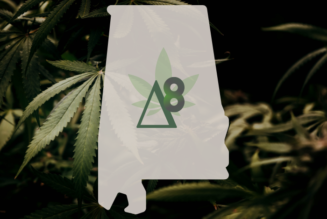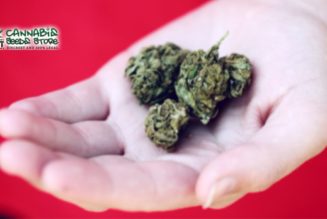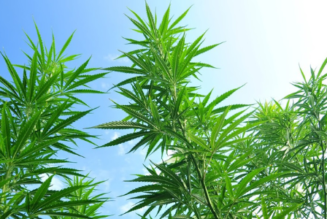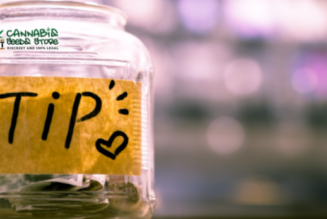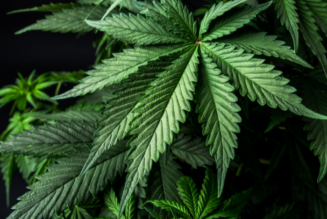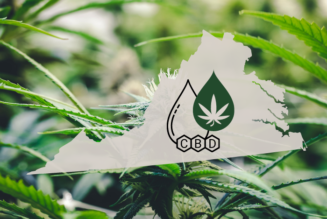Last updated on March 17, 2022
For those ready to start integrating CBD into a daily routine, one of the most frequently asked questions is whether CBD can have any kind of effect on appetite.
As CBD comes from the cannabis plant, many people associate CBD with the sensation of being ‘high’ and getting the ‘munchies’. The ‘munchies’ is an experience commonly associated with cannabis for good reason. While this onslaught of increased cravings and appetite may be the side effect of overconsumption of THC, an increased appetite and cravings are not side effects of using CBD.
Appetite is stimulated by THC. THC binds to our CB1 receptor, known as our ‘reward pathway’, and can induce hunger. The ‘munchies’ or uncontrolled hunger is the phenomenon attributed to overconsumption of THC, whether it is used medicinally or used recreationally. Most cases of munchies are the result of irregular patterns of consuming food or consuming THC on an empty stomach.
However, unlike THC, CBD doesn’t affect appetite or an increased feeling of hunger as CBD does not bind directly to either receptors (CB1 and CB2).
What does it mean when we feel hungry?
Whether or not you feel hungry largely depends on the hormones present within the hypothalamus. If you have an empty stomach, a hormone called ghrelin is created and released to the CB1 receptor which triggers us to want to reward our system with nutrients to keep it running. Ghrelin is an appetite-inducing brain-gut peptide, communicated along the vega nerve. It is released when the stomach has nothing to digest and sends signals to your hypothalamus telling it you are hungry.
CBD and THC – what’s the difference?
Both THC and CBD come from the same plant. THC is found in lower quantities of the Cannabis sativa plant, and in higher qualities in the Cannabis Indica plant. The cannabis sativa plant shows its plant compounds to display various properties when it comes to THC and CBD. Unlike THC however, CBD has no psychotropic properties which means two things:
- CBD will not make you high
- CBD will not give you the ‘munchies’
CBD (Cannabidiol) is a cannabinoid from the cannabis plant that has demonstrated anti-inflammatory and antioxidative properties in both animals, and humans. CBD is a suitable plant-based option for treating and managing pain. Further studies are still required to determine the full range of CBD’s potential medicinal properties.
THC on the other hand is mostly known for its psychotropic properties, as it binds to CB1 receptors in the brain and produces a chemical reaction, inducing a ‘high’ for consumers. By binding to this receptor, more of the hunger hormone ghrelin is released. Especially when consumed in large quantities, users may experience the “munchies”. THC also alters brain signals that would otherwise tell you that you are full.
Unlike THC, CBD does not bind to either CB1 or CB2 receptors, but rather interacts with the receptors and activates them, and thus, does not cause a high feeling nor will it make you feel particularly hungry.

Can CBD have an impact on your appetite?
If you wish to incorporate CBD into your daily routine, there is no need to worry about increased feelings of hunger. CBD can have an effect on your digestive system, but only in the sense that it reduces the production of acid attributed to heartburn and acid reflux.
There are no conclusive studies yet on the impact of CBD on general appetite. However, a 2011 animal study shows promising results in rats that CBD can have an impact on hyperphagic effects and could therefore help to reduce excessive nutrient intake.
The endocannabinoid system and appetite
The endocannabinoid system (in short referred to as ECS) is a complex system of endocannabinoids, molecules, and enzymes that is present throughout the human body. Receptors can be found in the central nervous system and in the immune system.
Research about this complex system in the past 30 years suggests that the ECS is not only responsible for homeostasis (balance within the body) but can also affect our mood, metabolism, memory, sleep and also appetite.
CB receptors have been shown to have an impact on appetite, as this research shows:
“Therapeutically, appetite stimulation by cannabinoids has been studied for several decades, particularly in relation to cachexia and malnutrition associated with cancer, acquired immunodeficiency syndrome, or anorexia nervosa.”
Surely, it is yet to be determined in what way cannabinoids, and in particular CBD, affect appetite, but research in the last decade has been promising.
The quick & short wrap-up
- CBD will not cause a high and therefore will not give you the “munchies”.
- Research about the exact impact of CBD on appetite is still in its infancy, but early results are promising.
- CBD interacts differently with receptors than THC which is why the body’s response to it differs considerably.

